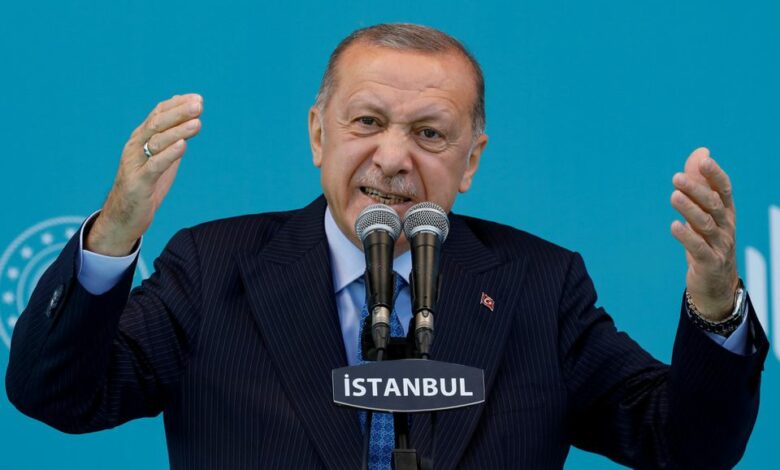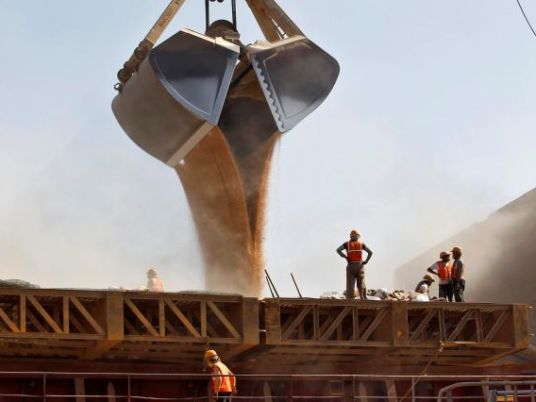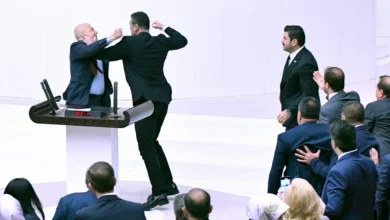
ISTANBUL, Nov 23 (Reuters) – President Tayyip Erdogan has set Turkey’s $720-billion economy on a risky new path of aggressive interest rate cuts that he says will boost jobs, exports and growth and paradoxically stem soaring inflation and a currency meltdown.
Erdogan orchestrated the policy shift as his opinion polls slide ahead of elections due by mid-2023. Economists have ridiculed the “experiment” as reckless and a recipe for eroding Turks’ earnings and savings, given the resulting market crash.
Here are the main elements of the strategy that has taken shape in speeches and policy decisions since September:
EMPHASIZE EXPORTS AND BALANCE THE CURRENT ACCOUNT
On Oct. 28, Central Bank Governor Sahap Kavcioglu offered an unexpected explanation: one of the best ways to bring Turkey’s 20% inflation down to a 5% target is to flip the “unsustainable” current account deficit to surplus. “When we achieve … surplus we will achieve financial and price stability,” Kavcioglu, whom Erdogan installed in March, said at a quarterly inflation update. read more
Yet this sector represents only one slice of the economy and hinges on global demand, tempering any immediate broader benefit for households. Economists also say competitive structural reforms over several years are needed to rebalance an economy that is heavily reliant on imports and foreign funding, including $167 billion in short-term external debt due.
LIRA DEPRECIATION IS A TOUGH BUT NECESSARY ADJUSTMENT
The currency has plunged 20% since the beginning of last week alone. That’s the sort of dislocation that might typically prompt emergency measures to stem the bleeding, but there has been no tangible intervention from the government, regulators or central bank.
Erdogan has addressed the foreign exchange turmoil in two speeches, including on Monday when he vowed to carry on his battle against interest rates and urged Turks to see the devaluation in a different and more positive light.
“The competitive force of the exchange rate leads to increase in investment, production and employment,” he said, adding the country’s enemies have “played games” over the lira in the past only to fail. “Just as we took our country out of this many traps and misfortunes, with the help of Allah and the support of our people, we will emerge victorious from this economic war of independence,” Erdogan said.
PROVE TO DOUBTERS THAT RATE CUTS BRING INFLATION DOWN
Erdogan has long espoused the unorthodox view that high interest rates cause inflation. He has imposed this view on the central bank, firing three central bank governors in the last 2-1/2 years, leaving its credibility in tatters. The recent rate cuts are the most high-stakes test of his theory.
“We saw that the theory that inflation can be brought down only with monetary tightening has no basis other than in closed economies,” he said on Monday. “I reject policies that will contract our country in the way that … economists desire, weaken it, condemn our people to unemployment, hunger and poverty.”
Devlet Bahceli, leader of the nationalist party MHP that is allied with Erdogan’s conservative AK Party, said on Tuesday there is “no alternative” to cutting rates. “Turkey needs to rid itself from the hunchback of interest rates,” he said. “We are aware of the problems our people are facing, we see the complaints over the exchange rate, but the policies being implemented are correct. Soon, everything will be fine.”
EXPAND STATE-BANK CREDIT TO BOOST JOBS AND INVESTMENT
Private Turkish lenders are hesitant to boost credit given risks of stoking a hot economy and possible company defaults. But the big three state banks have followed the central bank’s lead and slashed borrowing costs in line with the easing.
“As they have done until now, our banks will continue to stand beside our customers and companies, contributing to the strengthening of our country’s economy and employment,” the banks said in a joint statement last month after cutting rates on loans by up to 200 basis points. read more
State banks also nearly doubled credit growth last year to ease fallout from the COVID-19 pandemic – a move that began driving up prices and forced the central bank to start a tightening cycle that brought the policy rate as high as 19% in March.




